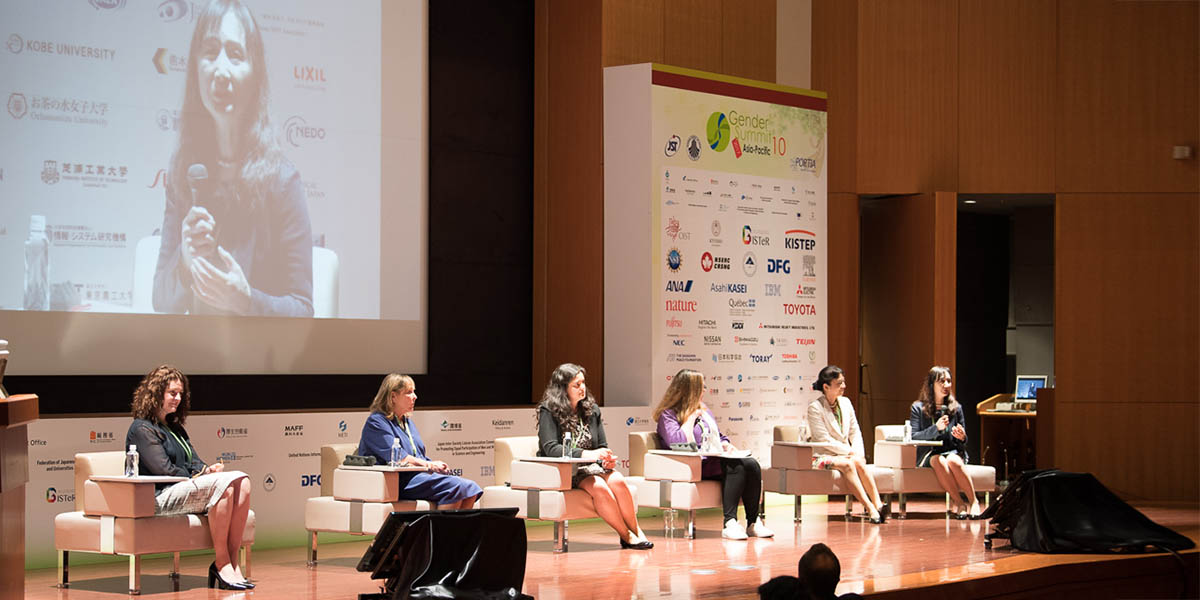Asia-Pacific Gender Summit aims to boost innovation in research through diversity
Tokyo event brought together 600 people from industry, academia and government to advance gender equality in science and society
 ©Portia Ltd
©Portia Ltd
Despite strides being made globally to achieve gender balance in research – as evidenced in the report published by Elsevier in March – many issues persist that severely hamper innovation and socioeconomic development. The 10th edition of the Gender Summit (GS10), which took place in Tokyo on May 25-26, brought together more than 600 stakeholders from 150 organizations, 85 from Japan, to discuss which further steps and solutions to pursue in the continuing endeavor to achieve gender equality in science.
Much of the summit’s focus was on meeting the United Nation’s Sustainable Development Goals (SDGs) agenda. Yet while SDG 5 specifically sets the target to achieve gender equality and empower all women and girls, the recommendations of the summit explicitly emphasized that gender equality is in fact integral to producing effective solutions to both national and global challenges, and as such are intrinsically linked to the achievement of all 17 SDGs. Gender equality should not, therefore, be treated as a separate issue to be extricated from its broader context.
In sum, the conference recognized the essential role that gender equality plays as a determinant of societal sustainability and wellbeing, which affects how science, technology and innovation can improve people’s lives.
- Read the full article on Elsevier Connect: “Asia-Pacific Gender Summit aims to boost innovation in research through diversity”, Alice Atkinson-Bonasio, 12 June 2017

















